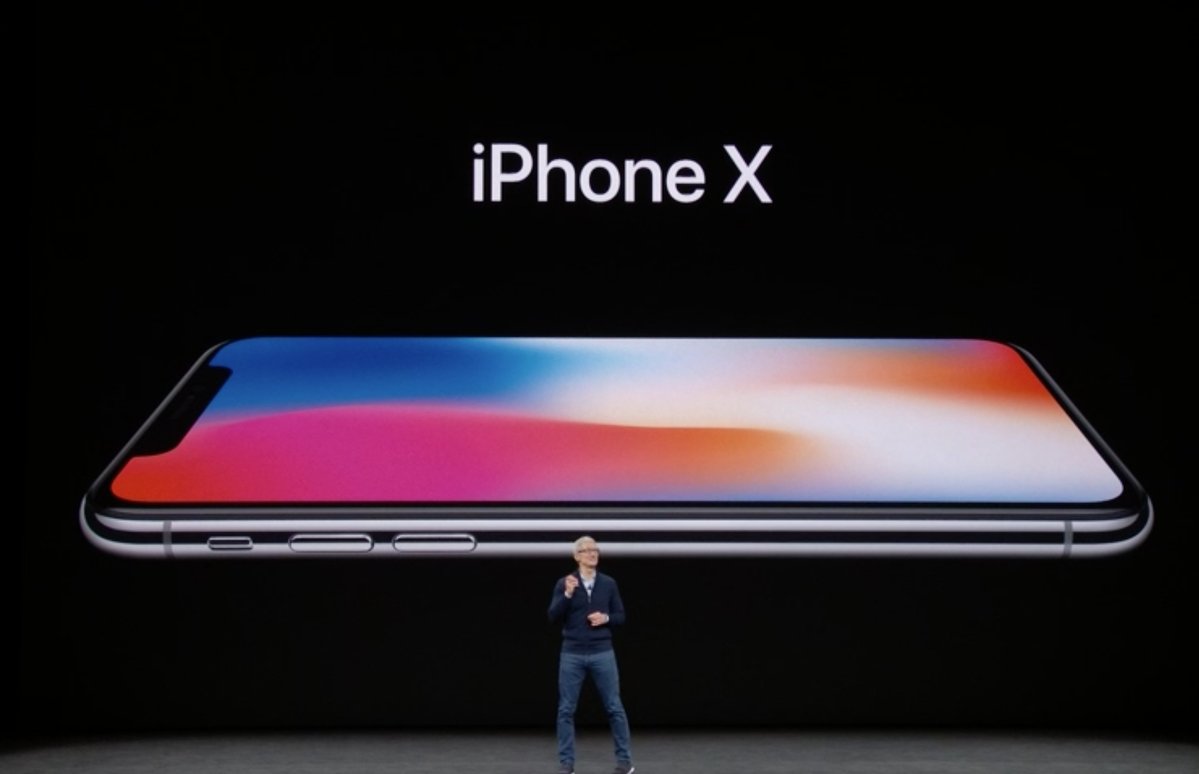South Korean authorities have reportedly raided Apple’s offices in Seoul, South Korea, just ahead of the iPhone X launch in the country.
The iPhone X goes on sale in South Korea and a dozen more countries tomorrow …
London’s Metro reports that the timing of the raid is likely to lead to suspicions in a country noted for strong – and sometimes corrupt – relationships between the government and major Korean corporations.
Metro.co.uk has learned that investigators visited Apple’s HQ earlier this week to ask questions about its business practices ahead of the launch of the smartphone tomorrow.
The raid is likely to raise questions about whether South Korean authorities are trying to hamper the success of the X, which has sold out across the world. Apple products are wildly popular in South Korea, which is home to several giant tech firms including Samsung and LG.
Last December, South Korea’s then-president Park Geun-hye was impeached on charges of accepting bribes. As part of the same investigation, Samung’s de-facto head Lee Jae-yong was in August convicted on corruption charges and sentenced to five years imprisonment. He was found guilty of bribery, embezzlement & perjury.
The Korea Fair Trade Commission has frequently been accused of abusing its powers to protect local companies against competition from Apple and others.
In 2015, the year when Apple grabbed a historic 33% share of the South Korean smartphone market, the FTC launched a task force dedicated to exploring whether foreign firms were hurting the domestic smartphone market.
Roger Kay, president of the tech analysis firm Endpoint Technologies Associates, previously accused South Korea of having a ‘protectionist agenda’. In an article for Forbes, he wrote: ‘The Korea Fair Trade Commission has pretty much run amok in recent years, slapping spurious charges on foreign companies.’
The raid is said to be part of a long-running investigation into Apple’s contracts with carriers in the country.
By Ben Lovejoy
courtesy of 9to5mac
The iPhone X goes on sale in South Korea and a dozen more countries tomorrow …
London’s Metro reports that the timing of the raid is likely to lead to suspicions in a country noted for strong – and sometimes corrupt – relationships between the government and major Korean corporations.
Metro.co.uk has learned that investigators visited Apple’s HQ earlier this week to ask questions about its business practices ahead of the launch of the smartphone tomorrow.
The raid is likely to raise questions about whether South Korean authorities are trying to hamper the success of the X, which has sold out across the world. Apple products are wildly popular in South Korea, which is home to several giant tech firms including Samsung and LG.
Last December, South Korea’s then-president Park Geun-hye was impeached on charges of accepting bribes. As part of the same investigation, Samung’s de-facto head Lee Jae-yong was in August convicted on corruption charges and sentenced to five years imprisonment. He was found guilty of bribery, embezzlement & perjury.
The Korea Fair Trade Commission has frequently been accused of abusing its powers to protect local companies against competition from Apple and others.
In 2015, the year when Apple grabbed a historic 33% share of the South Korean smartphone market, the FTC launched a task force dedicated to exploring whether foreign firms were hurting the domestic smartphone market.
Roger Kay, president of the tech analysis firm Endpoint Technologies Associates, previously accused South Korea of having a ‘protectionist agenda’. In an article for Forbes, he wrote: ‘The Korea Fair Trade Commission has pretty much run amok in recent years, slapping spurious charges on foreign companies.’
The raid is said to be part of a long-running investigation into Apple’s contracts with carriers in the country.
By Ben Lovejoy
courtesy of 9to5mac

Comments